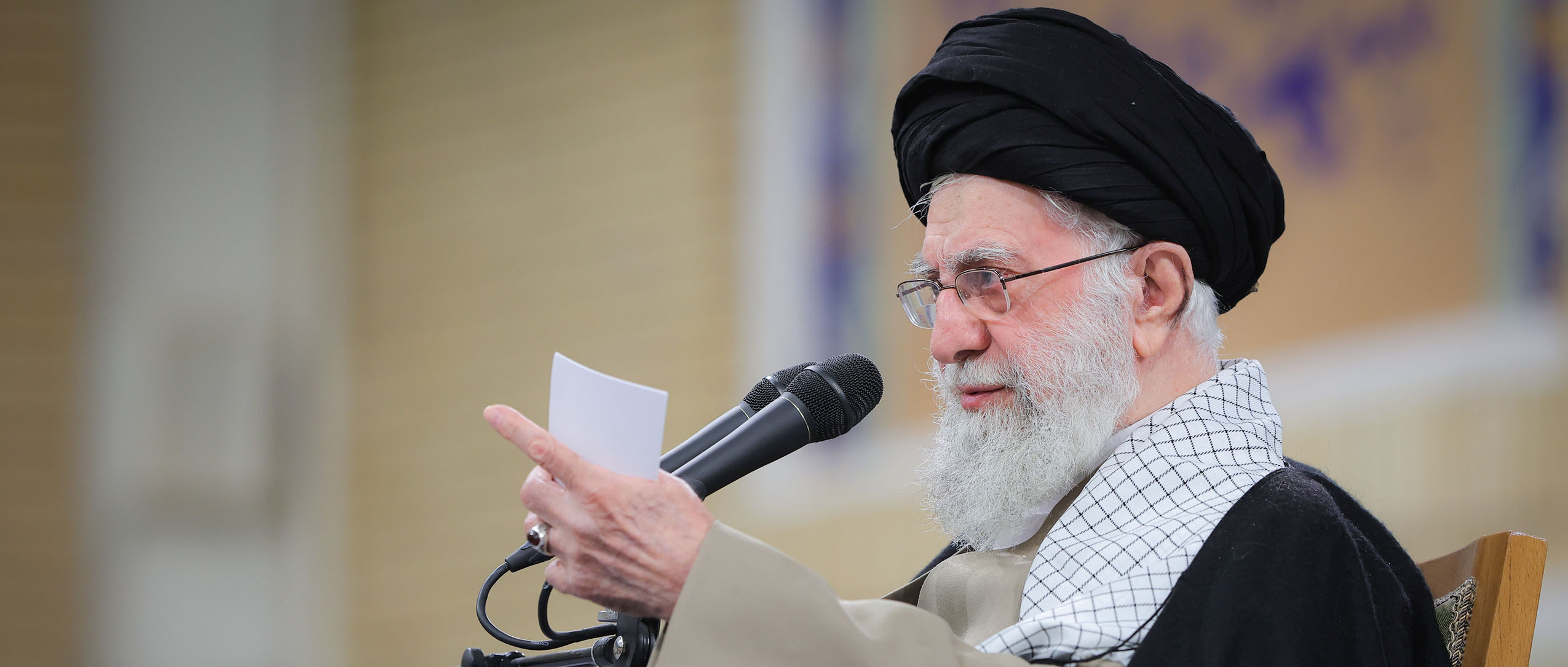It has been a decade since the 2015 Joint Comprehensive Plan of Action (JCPOA), better known as the US-Iran nuclear deal. Today, the JCPOA is effectively dead and the efforts to improve U.S.-Iran relations launched by Obama that led to the deal are in a grave, perhaps terminal, crisis. The prospects of improved US-Iran relations following the election of reformist Masoud Pezeshkian as Iran's President in 2024 have been frustrated with the coming of the Trump administration in 2025. In March 2025, President Trump sent a letter to Iran's Supreme Leader, Ayatollah Ali Khamenei, demanding a new nuclear deal within two months, threatening that “there are two ways Iran can be handled: militarily, or you make a deal". For its part, Iran has emphasized that any negotiations require an end to U.S. pressure and threats. This presentation will discuss the politics of US-Iran relations over the past decade, the current crisis, and the scenarios ahead for Iran-U.S. relations. It will draw on a recent article to offer suggestions for what the US under President Trump needs to understand and do to reach a new agreement with Iran, one that could last, reshape regional dynamics, and redefine US foreign policy in the Middle East.
About the speaker: Seyed Hossein Mousavian is a Middle East Security and Nuclear Policy Specialist at the Program on Science and Global Security. He previously served as the Iranian ambassador to Germany, spokesman for Iran's team in nuclear negotiations, and the head of the Foreign Relations Committee of Iran's National Security Council. He is the author of several books on US-Iran relations, including “The Iranian Nuclear Crisis: A Memoir” (2012), “Iran and the United States: An Insider's View on the Failed Past and the Road to Peace” (2014), “A Middle East Free of Weapons of Mass Destruction” (2020) and “A New Structure for Security, Peace, and Cooperation in the Persian Gulf” (2020). He is working on a history of US-Iran nuclear diplomacy and politics since the JCPOA.
